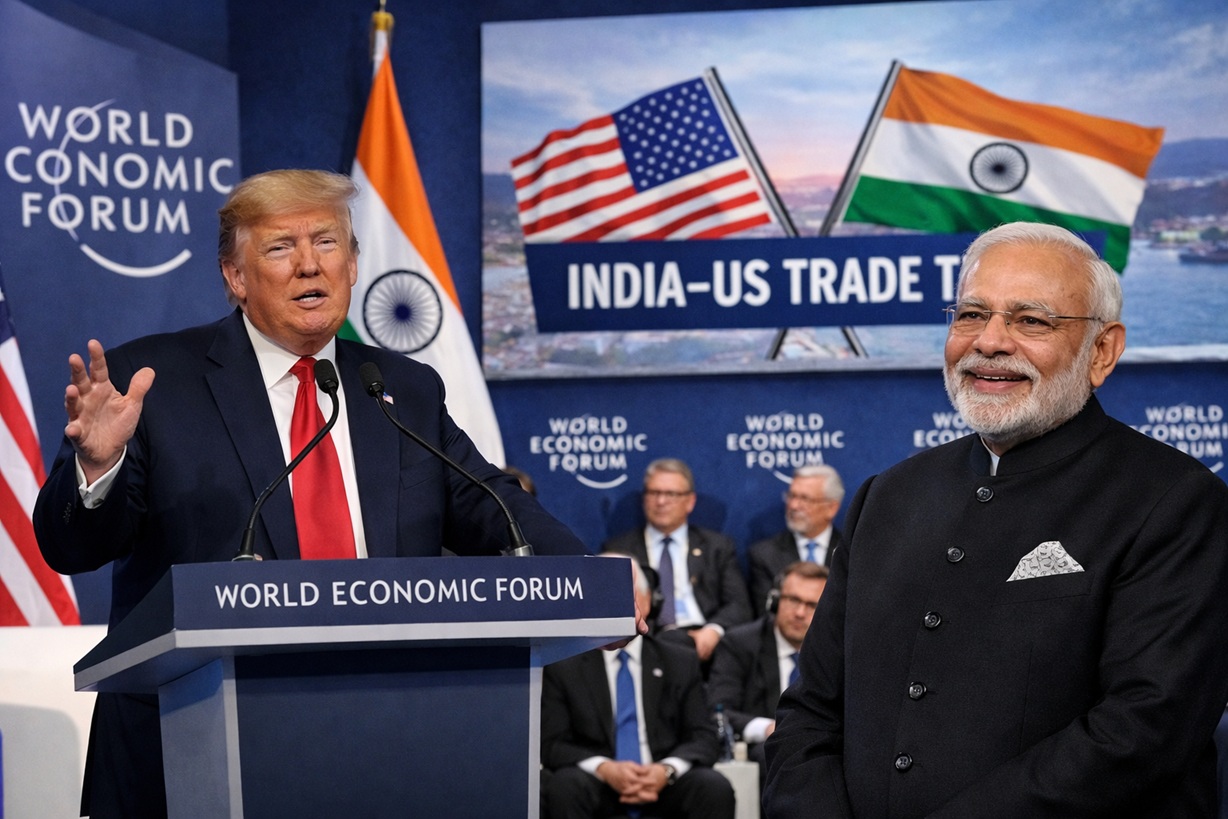St. Martin’s Island, Bay of Bengal – The recent political upheaval in Bangladesh, particularly the fall of Sheikh Hasina’s government, has cast a spotlight on St. Martin’s Island, a small but strategically significant landmass in the Bay of Bengal. Allegations have emerged suggesting that American interests in the island may have played a role in the political changes in Bangladesh, although such claims have been firmly denied by U.S. officials.
St. Martin’s Island: An Overview
St. Martin’s Island, a three-square-kilometre stretch of land located in the northeastern part of the Bay of Bengal, has unexpectedly become a focal point in Bangladesh’s ongoing political turmoil. This small coral island lies close to the maritime boundary with Myanmar. Locally known as Narikel Jinjira or Coconut Island, was named after a British provincial governor. Covering an area of approximately 8 square kilometers, the island is renowned for its natural beauty and biodiversity. is home to approximately 3,700 residents who are primarily engaged in fishing and farming. It has become a popular destination for tourists, especially for its pristine beaches and coral reefs.
Geopolitical Significance
Despite its small size, St. Martin’s Island holds considerable geopolitical importance for several reasons:
Strategic Location:
- Maritime Routes: St. Martin’s Island is situated in the Bay of Bengal, which is a significant area for maritime navigation. It is near major sea lanes that are crucial for international trade, particularly for energy shipments and commercial cargo.
- Regional Influence: The island’s location makes it strategically valuable for influencing regional maritime security and access to important shipping routes.
Natural Resources:
- The surrounding waters of St. Martin’s Island are believed to be rich in marine resources, including potential oil and gas reserves. The exploration and exploitation of these resources are of interest to various countries, given their economic and strategic implications.
Geopolitical and Military Strategy:
- The Bay of Bengal is a crucial area for regional security and maritime operations. Control over and influence in this region can impact security dynamics and access to critical sea routes, which are vital for international trade and energy supplies.
- Regional Power Dynamics: The Bay of Bengal is a critical region in South Asia, with significant geopolitical interest from neighboring countries like India and China. The U.S. might be interested in maintaining a strategic presence or influence in the area to balance regional power dynamics and ensure stability.
- Military Access: Access to strategic locations can provide advantages for naval operations and surveillance. Control or influence over islands and maritime areas can be crucial for military strategy.
Economic Interests:
- Trade and Investment: As a growing region, South Asia attracts international investment. The U.S. might have economic interests in the broader region, and influence over a strategic location like St. Martin’s Island could be part of a broader economic strategy.
The Political Fallout
The recent political shift in Bangladesh, which saw the ousting of Sheikh Hasina’s government, has spurred speculation about the role of external actors, including the United States. Reports have suggested that American interest in St. Martin’s Island may have influenced these political developments. However, White House Press Secretary Karine Jean-Pierre has unequivocally denied any U.S. involvement in the matter, asserting that such claims are baseless and emphasizing that political decisions in Bangladesh should be made by its own citizens.
In a recent statement, White House Press Secretary Karine Jean-Pierre addressed growing speculation regarding the United States’ role in the political situation in Bangladesh. Jean-Pierre firmly denied any U.S. involvement in the removal or potential removal of Sheikh Hasina from her position as Prime Minister of Bangladesh.
The comments come in response to reports and rumors suggesting that the U.S. government might be influencing or manipulating recent political developments in Bangladesh. Jean-Pierre categorically rejected these claims, emphasizing that such allegations are entirely unfounded.
“The United States has no role in the removal of Sheikh Hasina or any other political figure in Bangladesh,” Jean-Pierre stated. “These rumors are completely false. The political decisions in Bangladesh, including those pertaining to its leadership, are solely determined by the Bangladeshi people.”
Jean-Pierre reiterated that the United States respects the sovereignty of Bangladesh and its democratic processes. The choice of leadership and political direction in Bangladesh is, according to Jean-Pierre, a matter for the people of Bangladesh to decide without external interference.
This denial comes amidst a period of heightened scrutiny and political tension in Bangladesh. Sheikh Hasina, who has been in office since 2009, has faced increasing domestic and international pressure, and her administration’s handling of various issues has been under the spotlight. The assertion by the White House aims to clarify and dispel any misconceptions about foreign influence in Bangladesh’s political affairs.
The Broader Context
The focus on St. Martin’s Island amid Bangladesh’s political turmoil underscores the intersection of regional geopolitics and domestic affairs. While the island’s strategic importance cannot be understated, the assertion that it played a role in the recent political changes is part of a broader narrative of international influence and interference. As Bangladesh deals with its current political situation, St. Martin’s Island will probably stay important to experts and decision-makers. The island’s strategic location and resource potential ensure that it remains a focal point in discussions about regional security and international diplomacy





